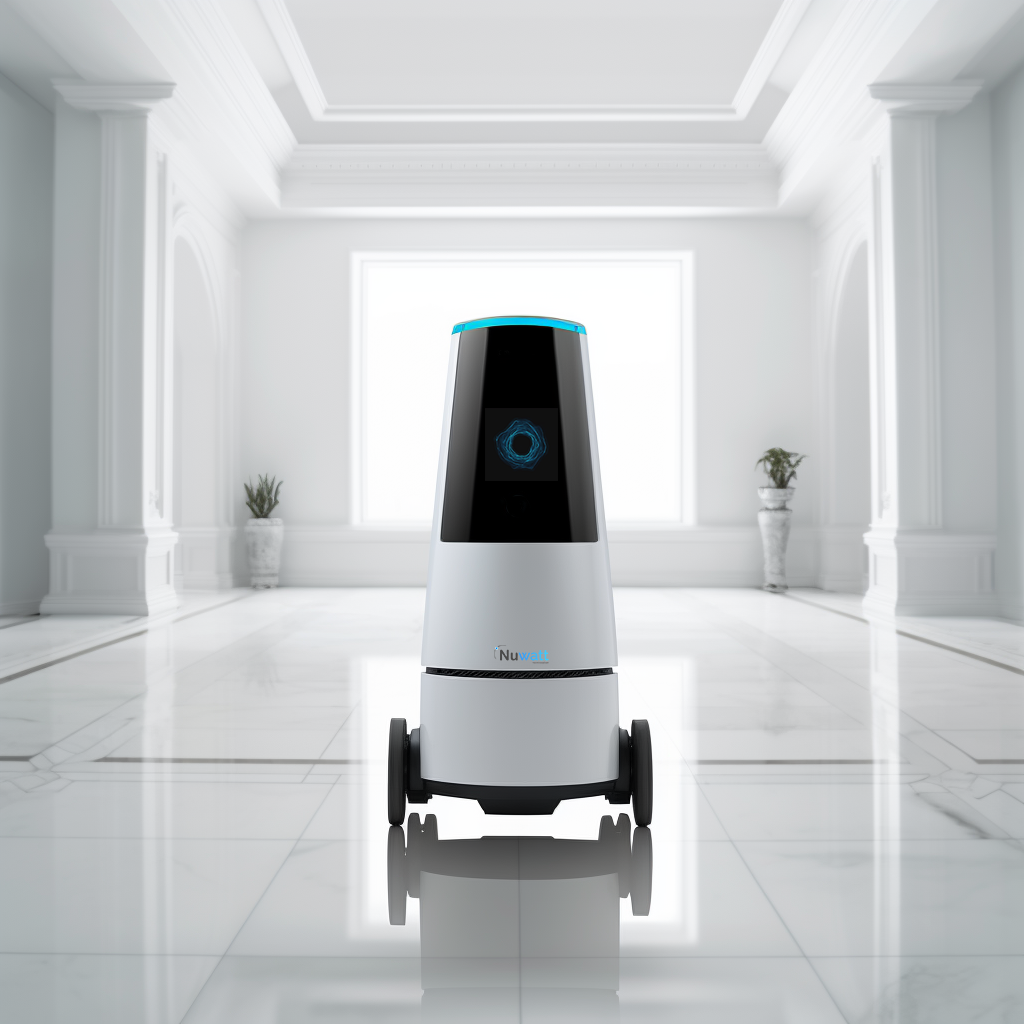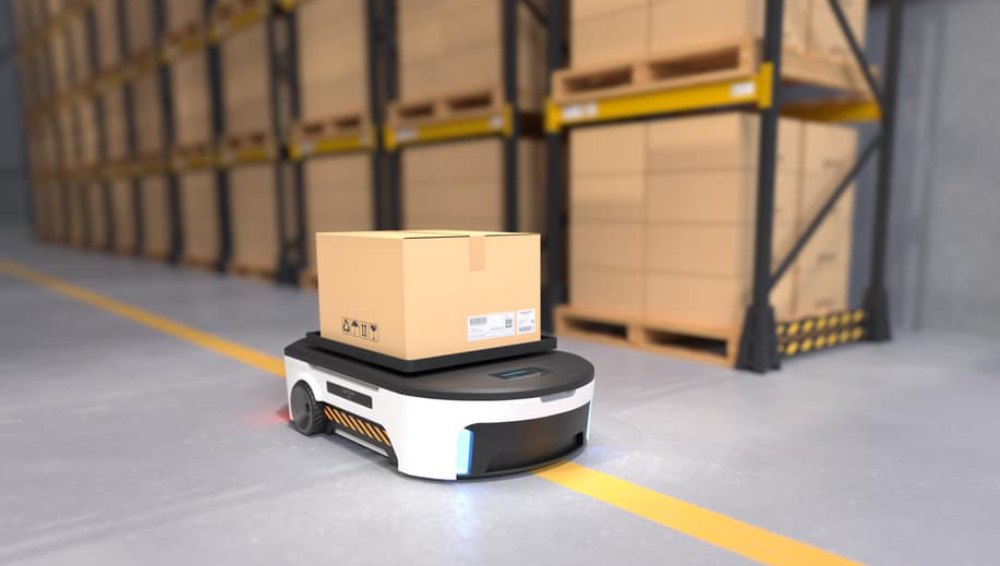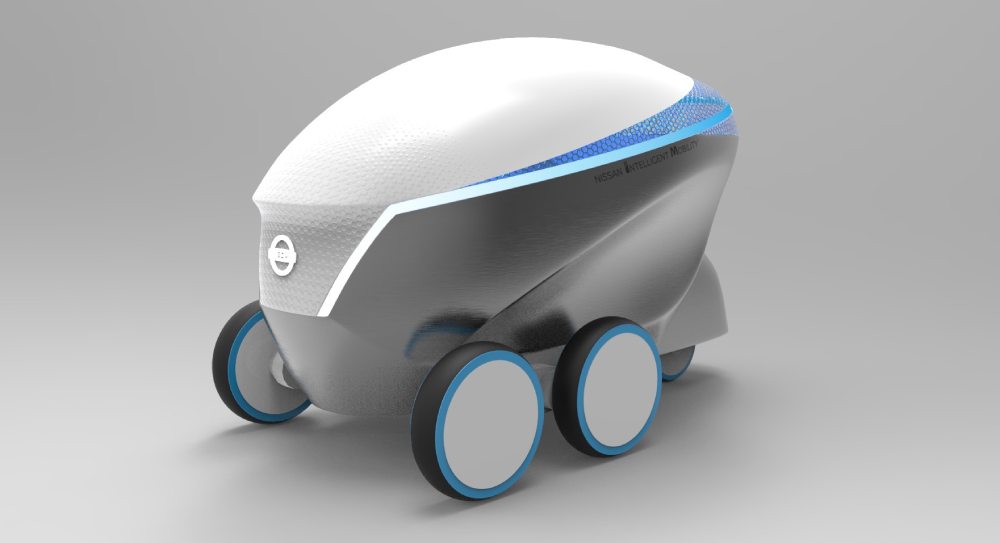Saudi Arabia’s Vision 2030 is a transformative initiative aimed at diversifying the nation’s economy and reducing its dependence on oil. One of the key drivers of this vision is the integration of cutting-edge technology and innovation into various industries. In this context, the adoption of mobility customized robots with artificial intelligence (AI) is poised to play a crucial role in driving the country’s progress. In this blog, we’ll explore how mobility customized robots can help Saudi Arabian companies embrace the future and the benefits of incorporating AI into these robots.
The Role of Mobility Customized Robots in Vision 2030:
Enhancing Automation: Mobility customized robots can automate a wide range of tasks across industries, from logistics and manufacturing to healthcare and retail. By embracing automation, companies can increase efficiency, reduce operational costs, and free up human resources for more strategic roles.
Meeting Labor Market Challenges: Saudi Arabia’s Vision 2030 emphasizes the need to increase workforce participation among Saudi nationals. Mobility robots can assist in bridging labor market gaps by performing jobs that are difficult to fill or potentially hazardous.
Fulfilling Environmental Goals: Customized robots with mobility can be designed to be energy-efficient and eco-friendly, aligning with the vision’s environmental sustainability goals. They can optimize resource usage and reduce waste in various processes.

Benefits of Mobility Customized Robots with AI:
Increased Efficiency: AI-powered mobility robots can adapt to changing environments, optimize routes, and make real-time decisions. This leads to increased operational efficiency and shorter delivery times.
Improved Safety: These robots are equipped with sensors and AI algorithms that enable them to navigate safely through complex environments, avoiding obstacles and potential hazards. This results in safer workplaces and fewer accidents.
Enhanced Productivity: With AI, robots can continuously learn and improve their performance. Over time, they become more adept at tasks, leading to higher productivity levels and reduced errors.
Cost Savings: While there is an initial investment in acquiring and customizing mobility robots, the long-term cost savings are substantial. Reduced labor costs, lower error rates, and increased efficiency all contribute to a positive ROI.
24/7 Operation: Unlike human workers, mobility robots can operate around the clock without the need for breaks, reducing downtime and increasing production capacity.
Data-Driven Insights: AI-powered robots collect valuable data during their operations. Companies can leverage this data to gain insights into their processes, identify bottlenecks, and make informed decisions for process optimization.
Customization for Specific Tasks: Mobility robots can be tailored to perform specific tasks in various industries, whether it’s delivering goods in warehouses, assisting patients in healthcare facilities, or conducting inspections in construction.
Global Competitiveness: By embracing AI-driven mobility robots, Saudi Arabian companies can position themselves as leaders in automation and innovation, enhancing their competitiveness on the global stage.
Supporting Human Workers: Rather than replacing humans, AI-powered mobility robots can work alongside employees, augmenting their capabilities and improving overall job satisfaction.





